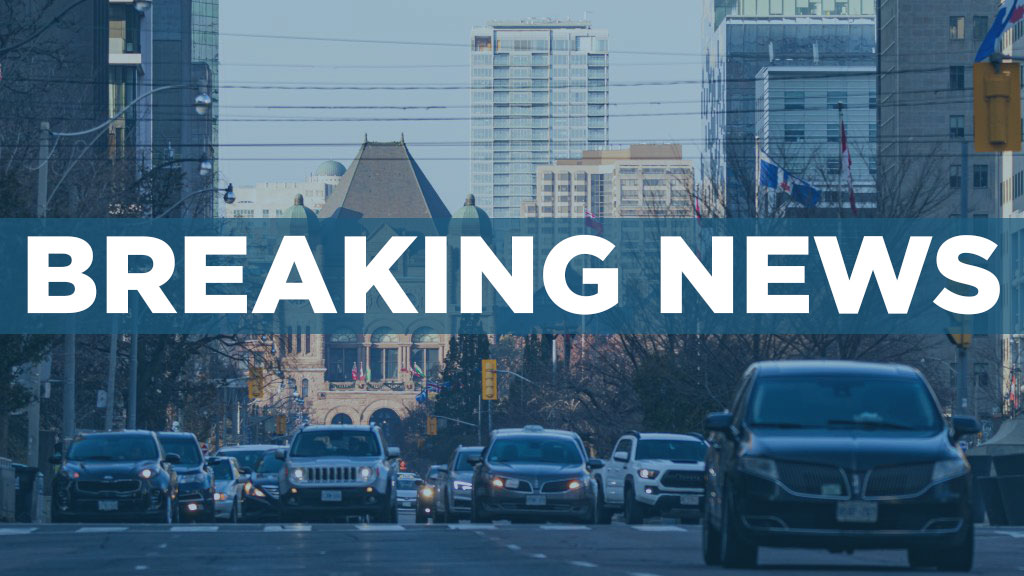Peterborough Police and London Police Service tweeted "we will not be randomly stopping people." Both Waterloo Regional Police Service and
Niagara Regional Police Service similarly tweeted, "We will not be conducting random vehicle or individual stops."
The president of the Peel Regional Police Association also took to Twitter to urge the government, "Don't make cops the bad guys here!"
In a subsequent statement, Peel Police confirmed they would not conduct "random vehicle or individual stops."
In a statement, the
Ottawa Police Service said it will also not be conducting random checks.
"We are very mindful of the perception of the broader public as well as within our more marginalized, racialized and/or Indigenous/Aboriginal/Inuit peoples," said Ottawa police chief Peter Sloly.
"We do not want these powers to impact public trust," Sloly said.
While Toronto police initially said it needed more time to review the changes, the force tweeted on Saturday morning that it "will continue to engage, educate and enforce, but we will not be doing random stops of people or cars."
"Prior to any change in our enforcement strategy we will notify the public on how we plan to implement the new provincial orders," its spokesperson said.
A spokesperson for the Toronto police declined to answer a question from CBC News about where this leaves people legally given an individual officer could still decide to pull over a person randomly and the law would be on their side, despite the force's official position statements.
The spokesperson deferred reporters to the Ontario Association of Chiefs of Police, in addition to declining to answer whether Toronto police were in contact with the provincial government about their approach to random stops.
CBC News has reached out to the police chiefs association for comment.
A spokesperson for the Ontario Provincial Police (OPP), which is tasked with enforcing interprovincial border closures and has also been empowered to conduct random checks, said the force is "still working out the logistics and details."
It expects to share more with the public about its enforcement approach in the coming days.
Hamilton Police Service released its own statement, saying it will also not be randomly stopping citizens.
Police officers "remain committed to providing the highest quality of policing services and want to assure Hamilton citizens that our members will not be conducting arbitrary vehicle and person stops for the sole purpose of enforcing the Stay-at-Home order," the statement reads.
Windsor Police, Cornwall Police Service, and York Regional Police added their names to the growing list of police forces that say they will not conduct random checks.
"Members of the CPS will not be conducting random pedestrian or vehicle stops. We will continue to respond to complaints on a calls-for-service basis, using officer discretion, with the objective of gaining compliance," reads a statement from Cornwall police.
"Officers will not be randomly stopping people or vehicles," Windsor police tweeted.
"We all need to do our part for the health and safety of our community. Everyone has a role and a responsibility to keep our City safe. Stay home and do not gather with people outside your household."
In a statement, York Regional Police Chief Jim MacSween said enforcement efforts would "continue as they have since the beginning of the pandemic."
He said, "We will not be conducting random vehicle or individual stops."
The London Police Services Board says it has "serious concerns" about whether the provincial government's expanded police powers are even constitutional.
"We cannot enforce our way out of the pandemic," said the board's chair Dr. Javeed Sukhera in a statement released Saturday morning.
Sukhera said the board "would encourage the Provincial government to shift their focus to stabilizing the health system, ensuring equitable access to vaccines, and following the advice of health experts."
CBC News has reached out to the solicitor general's office for comment but has yet to receive a response.






